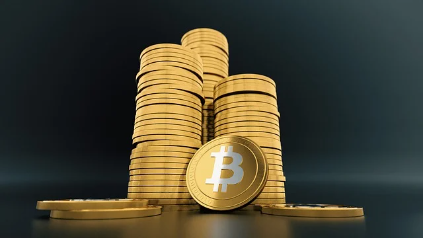현재 장바구니가 비어 있습니다!

[2024-08-07 Korea Economic News] KOSPIs Worst Day on Record: Plummets by 8.77%
KOSPI Faces Historic Decline Amid Global Uncertainties
What Happened to KOSPI?
In recent trading sessions, the KOSPI (Korea Composite Stock Price Index) has experienced an alarming decline, marking the worst single-day loss since the pandemic and the aftermath of the 9/11 terror attacks. On the previous trading day, the index plummeted by 8.77%, closing at 2,441.55. This steep decline can be attributed primarily to massive sell-offs led by foreign investors, reflecting a wave of uncertainty gripping global markets.
Impact on Major Companies like Samsung
Among the companies affected, Samsung Electronics witnessed a significant drop, with its shares falling by an astonishing 10.03%. This sharp decline has raised concerns among investors regarding the stability of the South Korean economy and the technology sector. With over 400 stocks hitting 52-week lows, the wave of panic selling has created a ripple effect across various sectors.
This current downturn comes at a time when stakeholders are closely watching the KOSPI for any signs of recovery. The situation is further complicated as foreign investors have been withdrawing from the market, leading to a cascade of worries about liquidity and market confidence. KOSPI’s performance is critical not only for South Korea’s economic outlook but also for its standing in the global investment landscape.
Understanding the Influence of Foreign Investors
The role of foreign investors in this recent decline cannot be understated. Their sell-offs are often seen as a barometer of confidence in the local market. The sharp exit of foreign capital raises alarms among local investors and regulators. The KOSPI’s current condition underscores the delicate balance that South Korean stocks must manage to maintain investor confidence during turbulent times.
Investors are keenly watching how this crisis unfolds, especially regarding the ongoing pandemic and geopolitical tensions that contribute to market volatility. In addition, with the landscape of Exchange-Traded Funds (ETFs) being influenced by these developments, the overall health of the KOSPI index remains a focal point for analysts and market participants alike.
The Wider Economic Implications
The recent downturn in the KOSPI also signals broader economic implications. As one of the major stock indices in Asia, its performance is often synonymous with the overall health of the South Korean economy. A significant drop could lead to a ripple effect in consumer confidence and spending, affecting various sectors including retail and technology.
Moreover, the fallout from the KOSPI’s sharp decline can extend beyond domestic markets. The international community is watching closely, and a continued downward trend could affect foreign direct investment as economic stability is a consideration for global investors. The KOSPI’s trajectory in the upcoming weeks will be vital for Japan, China, and other southeast Asian economic partners.
In this context, local analysts and economists will likely monitor any announcements from bodies such as the Bank of Korea, which may intervene to stabilize the situation should it worsen.
Future Considerations for KOSPI and Investors
Moving forward, the KOSPI has several challenges to navigate as it attempts to rebound from this startling decline. Analysts suggest that maintaining investor confidence will be crucial for stabilizing the market. Furthermore, The KOSPI index should be observed for signs of recovery amid tantalizing opportunities in the technology sector and possible rebounds in the retail market.
Investors’ strategies may need to adapt in response to the ongoing turbulence. As the impact of foreign investors continues to influence market conditions, understanding their behaviors and tendencies will be vital for those looking to make informed decisions and position themselves favorably for the recovery phase.
The events surrounding the KOSPI’s recent performance highlight the intertwined nature of global economies, local sentiment, and investor actions. For those interested in insights about investing strategies or understanding current economic trends, a wealth of information can be found through platforms like Korea Economic News.
Emphasizing the importance of keeping abreast of developments, make sure to stay informed as the KOSPI navigates these challenging times.
Conclusion
This historic decline of the KOSPI serves as a poignant reminder of the volatility faced by capital markets influenced by both local and global factors. As we analyze the repercussions of this downturn, particularly on key players like Samsung Electronics, the role of foreign investors remains crucial.
For more insights and in-depth articles, visit Walterlog and gain further understanding of the dynamic economic landscape.